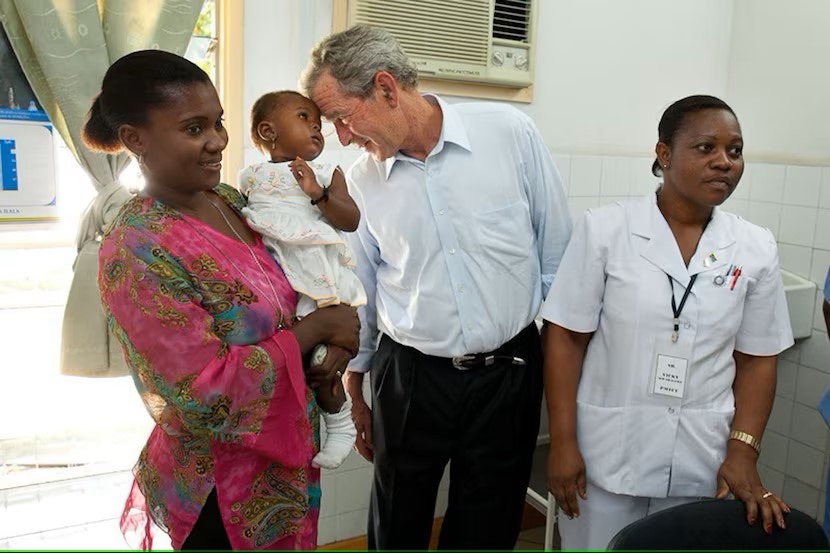2018 North Korea Freedom Scholarship recipient O.S.H. discusses her experiences as a Master in Divinity student, the emotional fulfillment she gets from serving others, and gratitude.
Jeff Kim: How have you been? Anything new or exciting?
O.S.H.: Nothing new, but I’m grateful that I got this scholarship again… so excited, but I’m more grateful.
JK: What does it mean to be named a recipient of the North Korea Freedom Scholarship two years in a row?
O.S.H.: For me, the scholarship is more than just money. It’s an encouragement [knowing] someone is out there supporting my dream and trusting me to achieve my dream. It means a lot.
JK: Tell us about your plans for the fall.
O.S.H.: I’m taking four classes this semester. One of the classes is called Reconciliation and Forgiveness. This is interesting to me because the North and South [have been] separated for more than 70 years. Whenever I communicate with first and second generations of Korean-Americans from South Korea, they have anger toward North Koreans. It’s understandable, but I don’t think it’s right. I think reconciliation is really important. I’m looking forward to learning how Koreans can forgive each other.
JK: You’re looking into the future with this class.
O.S.H.: Yeah. Whenever I talk to my advisor about choosing classes, my main [goal] is always that [everything] I learn in school be [useful] in the future.
JK: What do you want to do after school, and what are your plans for the future?
O.S.H.: I study in a Master of Divinity program. Generally, if you are studying for a Divinity degree, it means being ordained to be a pastor. I feel I’m not really called to be a pastor, but I’m not what my calling is yet. Going to school here is a great opportunity for me. I just want to take this opportunity to do my best, and as long as I believe there is a plan, God will provide.
JK: How has the scholarship helped you?
O.S.H.: The scholarship I received from the Bush Center covered 80 percent of my tuition, so I’m really appreciative. It reduced my financial burden so I can focus on my studies without worrying about how to pay all my tuition. I’m really grateful.
JK: Are you currently working on anything special?
O.S.H.: Twice a month, I volunteer for a nonprofit that provides three meals per day for homeless people. The nonprofit started in 1983 and hasn’t missed a single meal to this day.
I volunteer as a server, and it’s an amazing and beautiful [experience]. When I serve the food, I almost cry because people are happy, living free, and getting enough food every day. [Volunteering] inspires me about how many people I can help, even if I don’t have a lot of [money]. With my heart, I can help someone in need. I will keep volunteering and serving because someone helped me when I needed it.
JK: We had the Trump-Kim summit recently. Do you think we can trust North Korea?
O.S.H.: It was good to meet in person, but to me, both sides must slowly build trust. It cannot happen overnight just because they met each other.
JK: Human rights were not discussed during the summit. Do you think that was a mistake?
O.S.H.: From my perspective, the main purpose of the meeting was to get rid of nuclear weapons. Human rights was a secondary [objective], and the meeting was just for a short time. When the problems with nuclear weapons [get resolved], I’m sure human rights will come up next. So, I didn’t really see that as a mistake.
JK: What is one thing you would like to tell others about North Korea or North Koreans?
O.S.H.: First, they should [dismiss] the assumptions they’ve learned through social media. Some things are true, but many things are not. They should try to meet a North Korean in person and hear their stories. Sometimes these stories are heartbreaking and painful, but through these stories people can learn about the reality of North Korea.
I’m the first person from North Korea to attend my school. I [receive] a lot of attention from people trying to see what a North Korean is like. A lot of people show interest, but most don’t really want to [learn]. There are a few who are really interested and want to learn how they can help North Korea or North Koreans who live here. As a defector, I like to distinguish between who wants to know and who wants to learn. For those who actually show interest in North Korea, we can exchange information and learn from each other.
*Many North Korean escapees continue to live in fear, even after becoming permanent residents or citizens of the United States. Leaving North Korea without permission is a crime, and violators and their immediate relatives may face imprisonment or punishment. Thus, some scholarship recipients request that the Bush Institute withhold their identities.
Jeff Kim is a Bush Institute Human Freedom Initiative consultant.




























